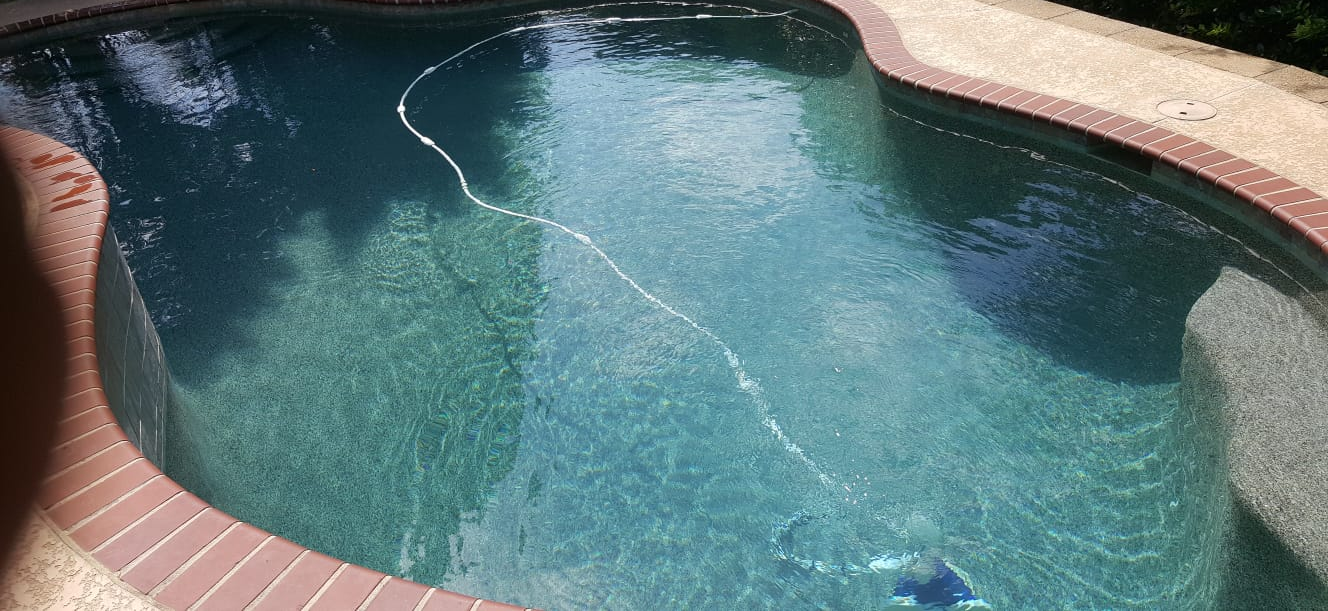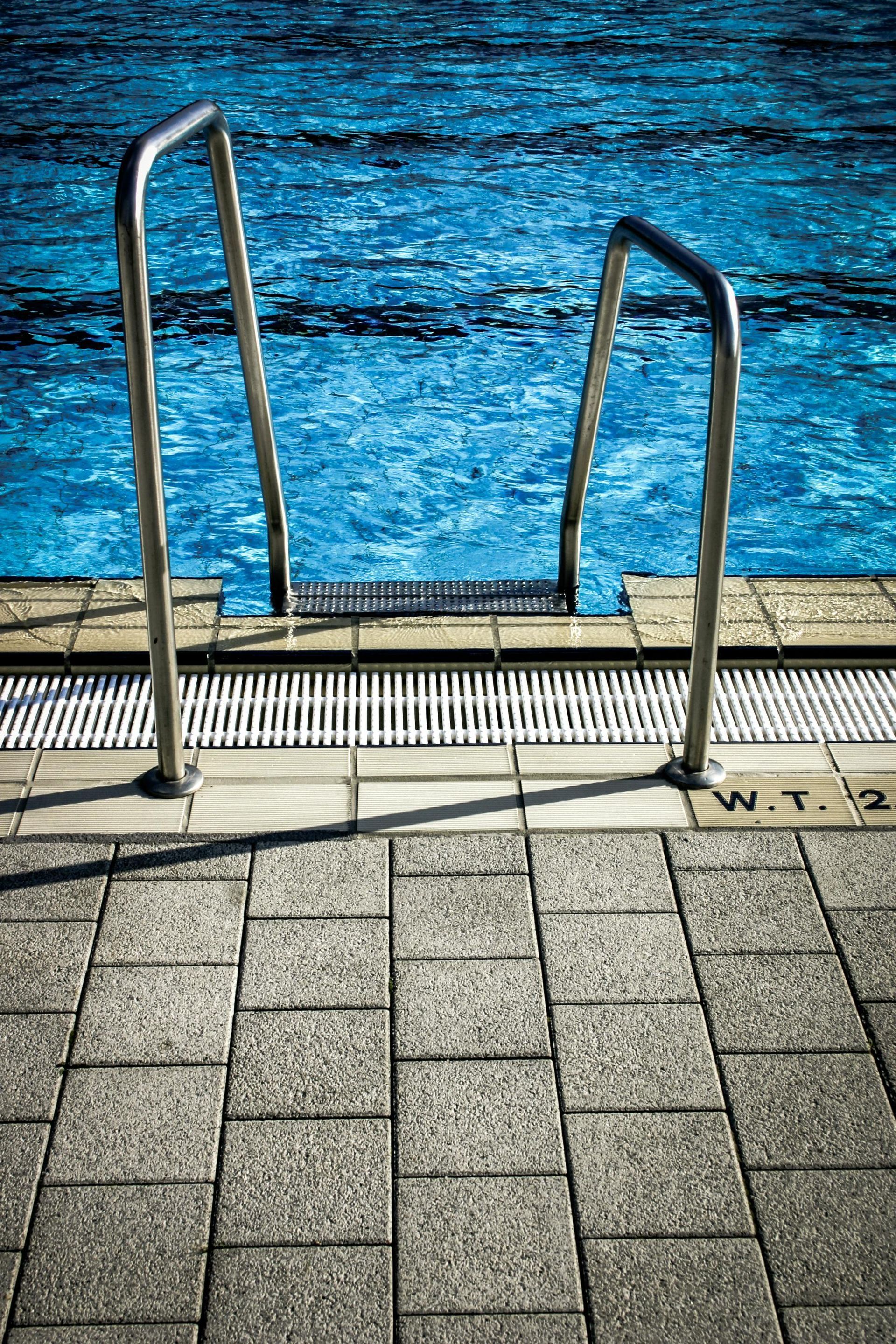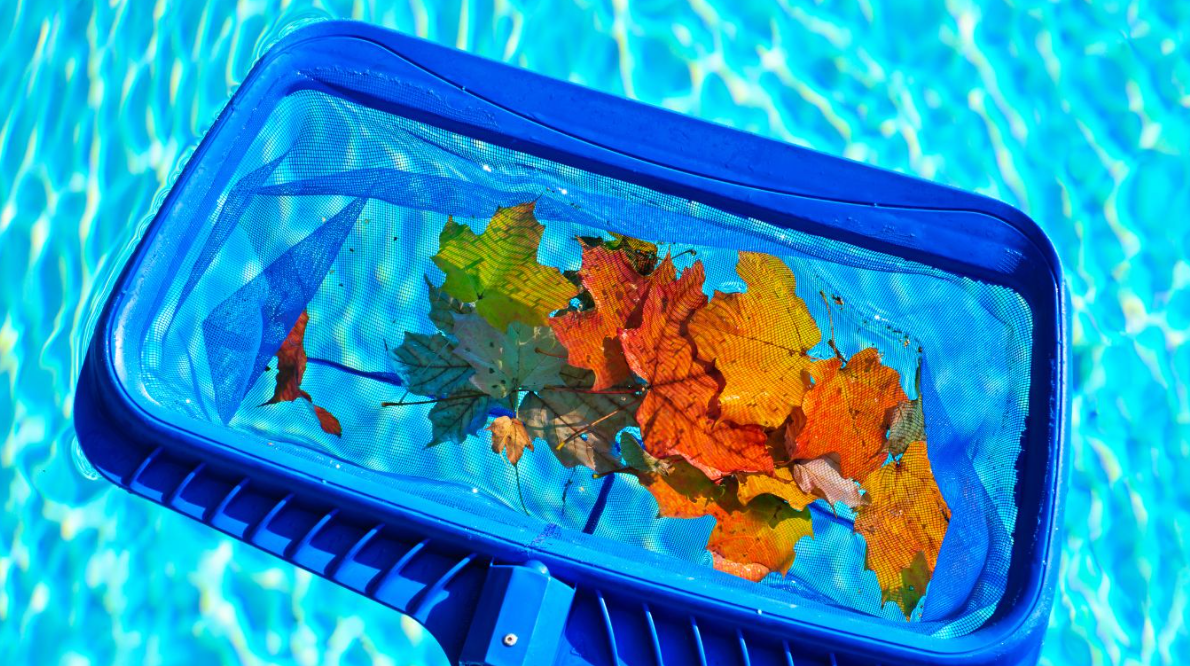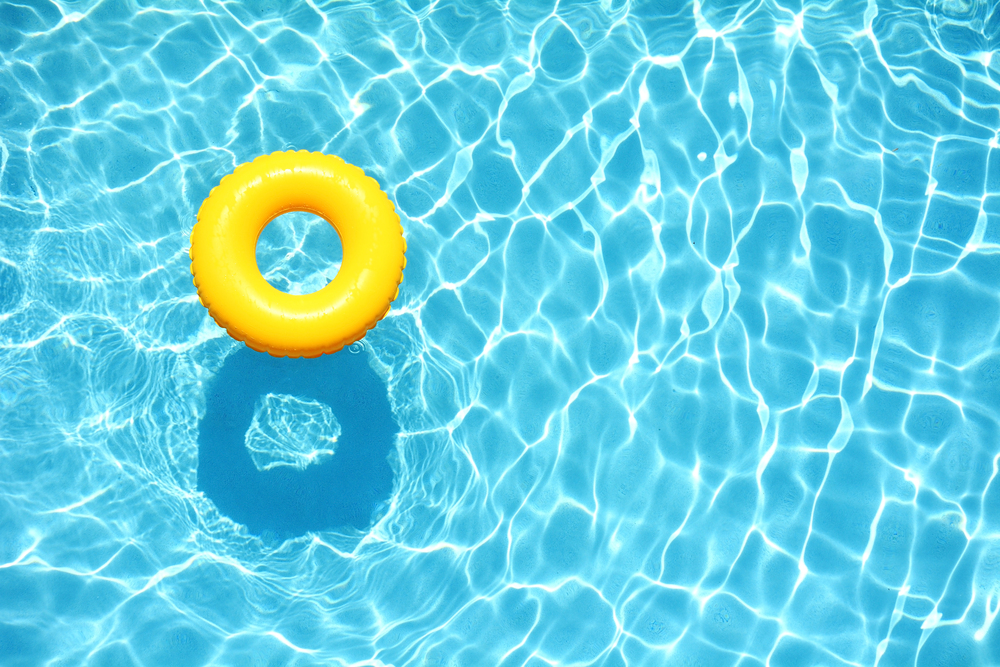Most of us have an extensive list of things we would rather do than spend time cleaning our pools. New automatic pool cleaner products on the market promise us that we can take care of that list while our pool gets cleaned on its own by a friendly mechanical helper.
But do automatic pool cleaners do a good job of maintaining your pool, and, more importantly, do they save us the amount of time and money promised?
As you might imagine, the answer to these questions is kind of complex as automatic pool cleaners offer many advantages and disadvantages. Ultimately, only an Atlanta pool maintenance service can deliver the pristine waters and hassle-free pool ownership experience you might expect from those automatic, robotic solutions. Nevertheless, automatic pool cleaners do have some benefits, as well as some drawbacks, that need to be considered.
So, whether you want to stop cleaning your pool entirely or just want a helping hand, first consider these automatic pool cleaner pros and cons.
Types of Automatic Pool Cleaners
In general, there are three types of automatic pool cleaners available on the market: suction-side cleaners, pressure-side cleaners, and robotic pool cleaners. Each type of automatic pool cleaner has its pros and cons, but all of these products can help you to keep up with regular pool maintenance to a degree.
Suction-Side Cleaners
These cleaners attach to the intake port of your filtration system, creating suction through the line and propelling a wheeled device around to vacuum up your pool. Many suction-side cleaners also feature brushes that help to loosen stubborn dirt and debris before it gets sucked into the filtration system.
While suction-side cleaners are inexpensive and easy to install, they do have some drawbacks. These devices can get caught on objects in your pool or become tangled in pool features such as ladders, and they can be less effective at picking up larger debris. Additionally, suction-side cleaners can cause increased wear and tear on your filtration system, as well as decreased suction power for other devices like your skimmer, potentially leading to serious repair bills down the road.
Pros
- Simple to attach and maintain, with very few moving parts
- Lowest cost option
- Effective at cleaning small to medium-sized pools and picking up small debris
- Can scrub walls and waterline
Cons
- Puts a lot of wear and tear on your pump and filtration system
- Needs a clean filter to operate, meaning more filter cleaning or backwashing
- Suction hoses can be cumbersome, get tangled
- Cannot pick up larger debris like pine needles or dead leaves
Pressure-Side Cleaners
This type of cleaner attaches to the outlet jet of your pump system, or sometimes a separate pump, and uses this pressure to drive the unit around and force debris into its collection bag.
While pressure-side cleaners are more expensive than suction-side options, they do have advantages that can make them worthwhile. For example, these devices are well suited to large pools and picking up larger debris such as leaves or pine needles. There is also typically less wear and tear on your filtration system when using a pressure-side cleaner.
However, even with these benefits, this type of cleaner is not perfect. The unit itself can be unwieldy and large, which can limit your ability to use the rest of your pool features or get close to the walls. Additionally, maintenance for a pressure-side cleaner can be more complicated than that for a suction-side option.
Pros
- Powerful and fast
- Can pick up larger debris effectively
- “Tail” hose helps scrub the pool
- Not nearly as taxing on your pump as suction-side units are on your filter
- Does not collect debris in the pool skimmer
- Works well on medium to large pools
- Hose is easier to manage, less likely to get tangled
Cons
- Sometimes requires an extra pump to operate
- Still adds to pool running costs
- Bags must be emptied for the unit to still run
Robotic Pool Cleaners
For Comprehensive Swimming Pool Maintenance Contact Pinnacle Pools








